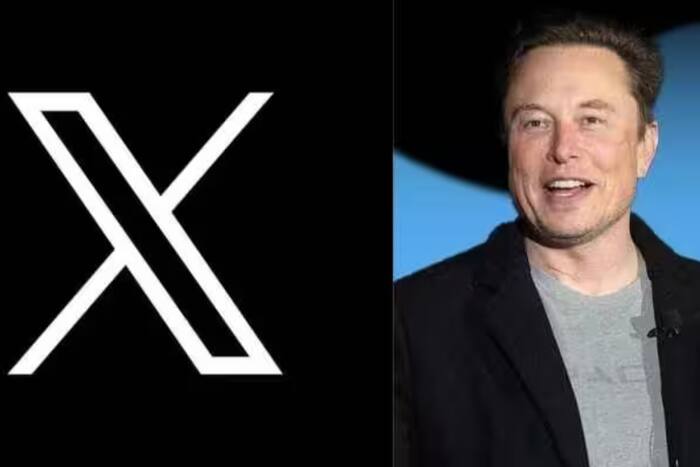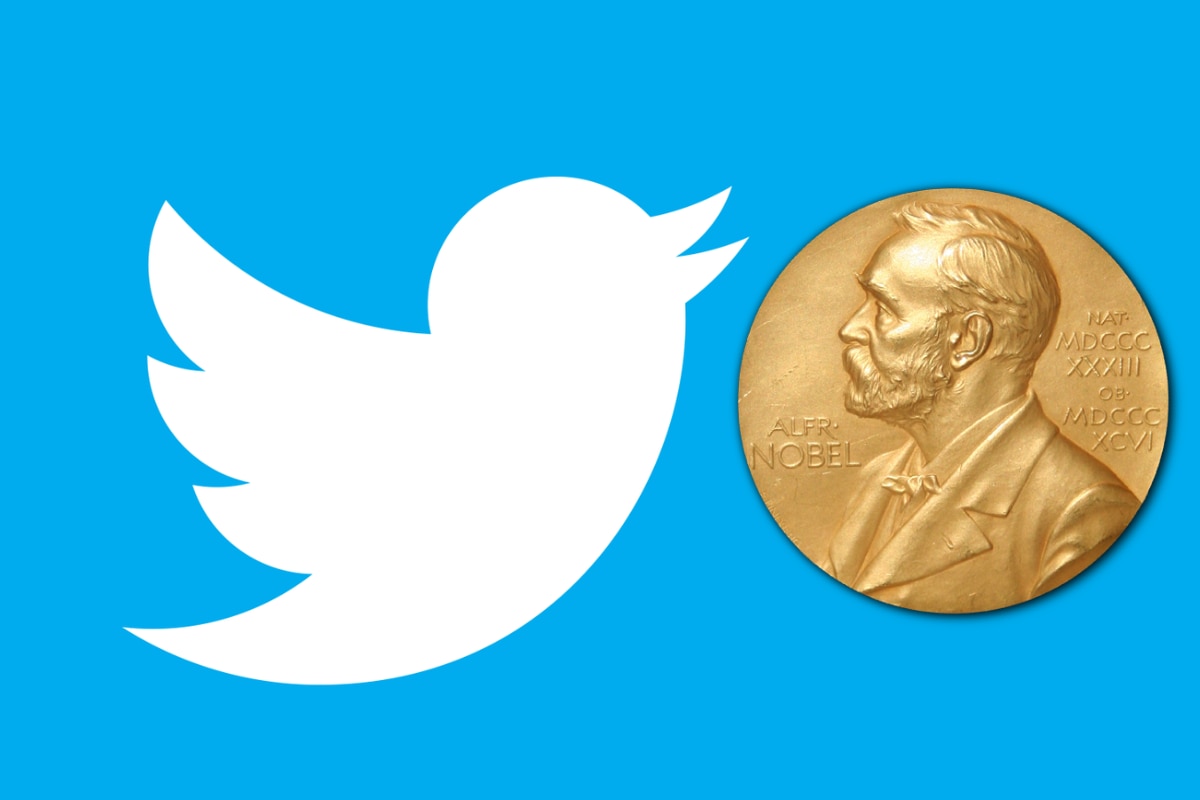
[ad_1]
Tesla founder Elon Musk has been both criticised and commended by activists and netizens alike for propagating free speech with the acquisition of X (formerly Twitter).

New Delhi: SpaceX and Tesla founder Elon Musk has been nominated for the Nobel Peace Prize by Norwegian lawmaker Marius Nilsen, who commended the billionaire X (formerly Twitter) owner for his adamant defence of free speech and his provision of Starlink satellite internet services to Ukrainian forces during the conflict with Russia. The Nobel Peace Prize is one of the five Nobel Prizes established by the will of Swedish industrialist, inventor, and armaments manufacturer Alfred Nobel.
Elon Musk Nobel Peace Prize Nomination

Elon Musk was nominated for the Nobel Peace Prize for his stand on “free speech” by Norwegian MP Marius Nilsen.
Norwegian libertarian MP Marius Nilsen has nominated Elon Musk for the Nobel Peace Prize, citing his “adamant defence of dialogue, free speech, and (enabling) the possibility to express one’s views’ in a continuously more polarised world “and adding that Musk’s tech companies had helped “make the world a more connected and safer place.” However, Musk’s track record on free speech has been criticized by some, who argue that his advocacy for free speech seems to apply mostly to his own speech or that of his fans and promoters, and that he demonstrates little tolerance for his employees’ free speech.
Elon Musk’s Free Speech on Acquiring X

Musk acquired Twitter in 2022.
Elon Musk took over ‘X’, on October 27, 2022, for which he received wide criticism by human rights activists, worrying that the social media platform would become an extremely unsafe platform and would lead to cyber hatred. However, after acquiring Twitter Inc. for $44 billion, Musk, in his first tweet, hailed free speech and its significance.
“Free speech is the bedrock of a functioning democracy, and Twitter is the digital town square where matters vital to the future of humanity are debated,” X CEO wrote in the tweet. To promote free speech further, the Tesla founder also wanted his worst critics to remain on Twitter, “because that is what free speech means,” he said then.
Criteria to be Nominated for Nobel Peace Prize
The nomination process for the Nobel Peace Prize is an eight-month screening and decision-making process, and the names of the nominees and nominators cannot be revealed until 50 years later. Here are the qualifications required to nominate for the Nobel Peace Prize.
Qualifications of Nominators for Nobel Peace Prize
- Members of national assemblies and national governments (not current heads of state)
- Members of The International Court of Justice in The Hague and The Permanent Court of Arbitration in The Hague
- Members of the Institut de Droit International
- Members of the International Board of the Women’s International League for Peace and Freedom
- University professors, professors emeriti, and associates of history, social sciences, law, philosophy, theology, and religion; university rectors and university directors (or their equivalents)
- Directors of peace research institutes and foreign policy institutes
- Previous Nobel Peace Prize laureates
- Members of the main board of directors or its equivalent of organisations that have received the Nobel Peace Prize
- Current and past members of the Norwegian Nobel Committee
- Former advisers of the Norwegian Nobel Institute
It is also important to note that no personal applications for the Prize are accepted.
Nomination Process
- Nominations should be submitted by a qualified nominator by January 31 of the award year.
- The Norwegian Nobel Committee reviews the nominations and creates a short list of candidates.
- Advisers examine the candidates’ work and prepare a report.
- The committee makes its final decision at its last meeting before the announcement of the prize.
Additionally, all information about nominations remains confidential for 50 years.
[ad_2]